Hello this is Simon,
The other day, I was asked a simple question by a student:
“What is the difference between vintage and antique?”
“That’s a good question.” I thought,
“Off the top of my head, I don’t know. Let’s see, we have ‘antique furniture’ and ‘vintage cars’…”
I suddenly realized that these two words I had been using for years, when push came to shove, I didn’t actually know what they meant. I’d better do some checking…
Finding out the difference in meaning between these two words wasn’t as simple as I thought. I tried a few different things which all gave me a small piece of the puzzle. Below is how I went about it:
1. Comparative Search: “antique cars vs vintage cars”
‘Antique furniture’ and ‘vintage cars’ were the first two words that came into my mind because they are so commonly used. “Maybe they have the same meaning but are just paired with different nouns. I mean, I’ve never heard of ‘vintage furniture’ or ‘antique cars’ so that theory sounds feasible. Let’s check it out…” Unfortunately, that theory soon went down in flames as I found thousands of examples of ‘antique cars’ and ‘vintage furniture’. So, I tried a common search that I use and entered “antique cars vs vintage cars”.
This came up with the following:
vintage = built between 1919 and 1930
antique = over 45 years old
I then tried: “antique jewelry vs vintage jewelry”
vintage = 50-100 years old
antique = over 100 years old
And then: “antique furniture vs vintage furniture”
vintage = 30-100 years old
antique = over 100 years old
The definition seemed to vary from industry to industry. But it seems as though “antique” things were generally over 100 years old, and “vintage” things were up to 100 years old.
2. Dictionaries
I decided I’d best check the definitions in a dictionary (I probably should have done that first actually). I checked a few online dictionaries, but the definitions I found didn’t really help. I eventually came across the following:
Vintage – “of high quality and lasting value, or showing the best and most typical characteristics of a particular type of thing, especially from the past”
Antique – “something made in an earlier period that is collected and considered to have value because it is beautiful, rare, old, or of high quality”
This helped a little. I was starting to get a clearer picture.
3. Word Combinations
I kept going back to my original thought, that maybe ‘vintage’ is used with certain types of nouns more, and ‘antique’ is used with others more. Sometimes words that have similar meanings are just used differently. I checked them with some other nouns, but they could both be used with almost every noun I checked:
“vintage cars” – 19,700,000 results / “antique cars” – 8,420,000 results
“vintage jewelry” – 18,800,000 results / “antique jewelry” – 13,900,000 results
“vintage furniture” – 18,900,000 results / “antique furniture” – 22,600,000 results
“vintage art” – 28,800,000 results / “antique art” – 8,850,000 results
Well, the definitions are slightly different, but they are both widely used with the same nouns. Maybe people just use them interchangeably.
4. Images
After all this checking, I still only had a vague idea of how these words differed. Then I realized, even though I had done all this checking, I had only been looking at words all this time. As they say “A picture tells a thousand words” so I tried the “images” option on google.
This gave me a better idea.
Have a look at this vintage picture, and this antique picture:
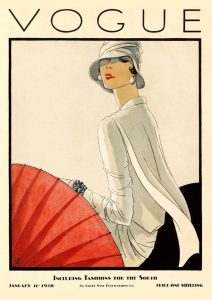

Or, this vintage furniture and this antique furniture:

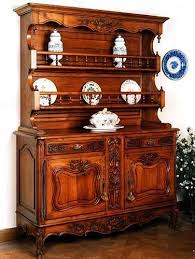
There were clear differences in these. Simply put, “antique” is a lot older. Unfortunately with other things such as jewelry and cars, there was little difference between ‘vintage’ and ‘antique’
Okay, I think I have enough information to give an answer.
Conclusion
I still can’t definitively say what the difference is between ‘vintage’ and ‘antique’, but by using several different approaches to checking the words, I have gained a better understanding, and can use them with more confidence. Here is what I came up with:
Vintage:
– something that is old, of high quality and represents typical characteristics of something from the past
– is usually up to around 100 years old
– there are specific definitions of ‘vintage’ in certain industries in which vintage items are sold
– in general conversation, with some things (e.g. cars/jewelry) it can be used interchangeably with ‘antique’
Antique:
– something that is made in an earlier period of history that is collected because it is considered to have high value
– is usually more than 100 years old
– there are specific definitions of ‘antique’ in certain industries in which antique items are sold
– in general conversation, with some things (e.g. cars/jewelry) it can be used interchangeably with ‘vintage’
What is the point of this?
The reason that I decided to write about this is because there are many words like the ones above. They have similar meanings but there are some differences. Usually a quick check in an English-Japanese dictionary won’t give you the answer that you are looking for. You may even be given the exact same definition for both. You will often need to try several different approaches. Even after that you may still not know the exact difference but at least have a clearer idea. The techniques I used are available to anybody with a computer and a search engine. Here is a quick summary:
– Comparative Search
Do a simple search using “A vs B”. You’ll often find other people asking the exact same question.
– Dictionaries
Don’t look at just one dictionary definition. Look at several, and try to find the best one.
– Word Combinations
Try the words in different combinations with other words or phrases. This will give you a better of how they are used, and how often they are used.
– Images
Images are useful. You can learn a lot from searching words and phrases, and then looking at images of them.
There are a variety of techniques available than can help you better understand words whose meanings are not always that clear. If you have the chance give some of these a try, and before you know it, you’ll be coming up with your own.
That’s all for now.
I hope this is helpful.
See you next month!


Hello! My name is Simon.
I am from New Zealand, and have been living and teaching English in Japan since 1999.
My hobbies include movies, playing the guitar, gardening and hiking.
※このブログでは英語学習に役立つ情報アドバイスを提供していますが、本ブログで提供された情報及びアドバイスによって起きた問題に関しては一切、当方やライターに責任や義務は発生しません。
※ここでの情報や助言を参考に英文を書いたり下した判断は、すべて読者の責任において行ってください。ここに掲載されている記事内の主張等は、個人の見解であり当社の意見を代弁・代表するものではありません。
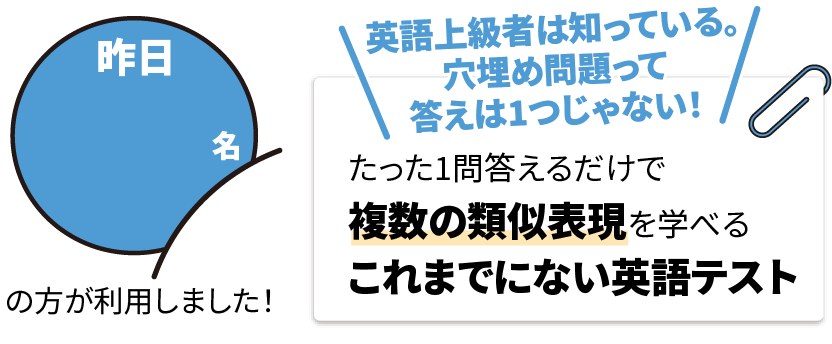





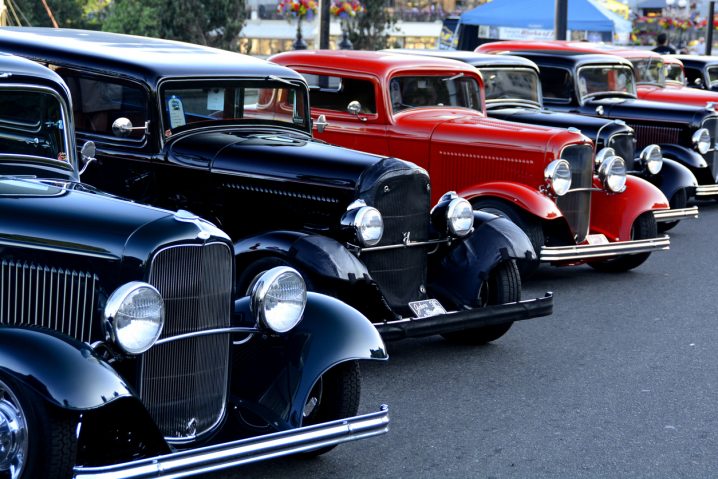
 (10 イイネ!が押されています)
(10 イイネ!が押されています)










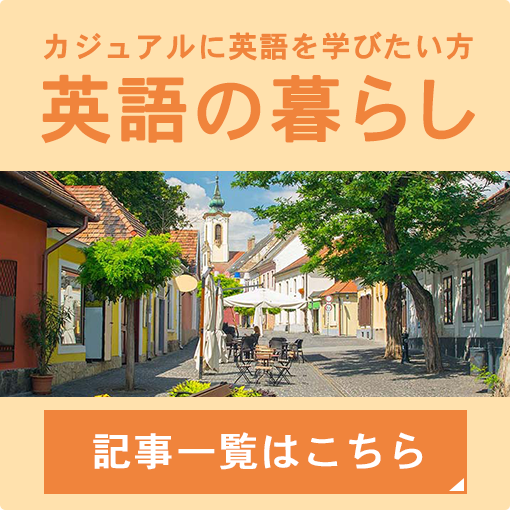















コメントする